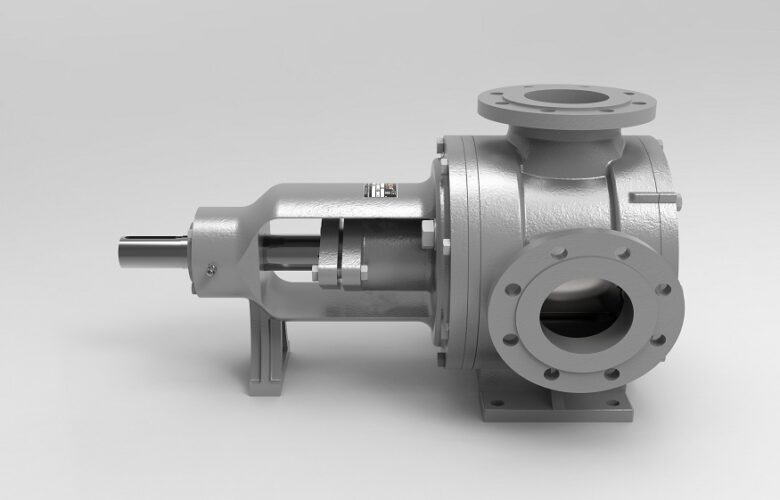When you decide to leave an employer to get a new, better job or start a company, you must handle the past 401k plan. You can choose to roll the assets into IRA or individual retirement account. Of course, you can keep it with your past employer, consolidate it into a new employer’s plan, or cash everything out.
Each strategy comes with advantages and disadvantages. Generally, you can choose the best gold IRA rollover, offering additional investment options. Still, it would be best if you determined whether to do it on a Roth or traditional account because the taxation regulations are different.
Converting into a Roth IRA is perfect for people who will enter significant taxation as time goes by. You can also leave everything with your past employer, especially if you do not have available options or a new plan. Finally, you can cash out everything, but you must face the early withdrawal penalties, which is vital to remember.
Rolling Over 401k to an Individual Retirement Account
If you own an IRA, you will get additional control and choice, which is essential to remember. Generally, they come with a wide array of investment options compared with 401ks unless you get a high-end plan, which is common when you work with prominent companies.
Some 401k plans feature numerous funds you can choose from, meaning companies encourage employees to invest in the company’s stock. At the same time, you can fund them with variable annuity contracts and insurance protection for assets, while you must pay up to three percent of everything each year.
You should know that IRA expenses are more affordable, but everything depends on the investment you choose and the custodian you find.
Although it comes with specific exceptions, individual retirement accounts will offer you a chance to invest in almost any asset. For instance, when you open a self-directed IRA, you can choose alternative assets such as physical properties, oil and gas leases, precious metals such as gold, and many more.
Roth vs. Traditional
As soon as you decide the type of assets you wish to place in your portfolio, the next step is determining the type of IRA you should get. The choice is between paying income taxes later or now. Learn more from this link https://www.nerdwallet.com/article/investing/roth-or-traditional-ira-account.
1. Traditional
The biggest reason and advantage of a traditional IRA is that your investment is tax-deductible to a certain amount, especially after contributing. That way, you will deposit pre-tax money into an individual retirement account, meaning the number of contributions will contract from the income.
As a result, when you have a traditional 301k, the transfer will be as simple as possible because the contributions will also function as a pre-taxation process. However, tax deferral will not last forever. Generally, you must pay taxes on the money and earnings when you decide to withdraw funds.
RMD is essential for most 401k plans when you reach age, even if you are still working. They start at seventy years of age, but you should follow the late Besides, you must start withdrawing them when you reach seventy-two years of age, a rule requiring minimal distribution.
2. Roth
On the other hand, you can choose Roth conversion, meaning you should treat the entire account as taxable income the moment you get it. As a result, you will pay state and federal taxes on the amount you roll over. You will need the funds to handle the tax, meaning you will boost pay or withhold estimated taxes to prevent liability.
Maintaining Roth IRA for at least five years and meeting other requirements means you will enter a point of tax-free contribution. With Roth IRA, you will not get lifetime distribution requirements. Therefore, the funds can continue to grow tax-free and stay in the account.
Back in the day, people could draw out the entire account during their lifetimes. You can leave it to your heirs, which is vital to remember. However, the person who inherits the account must draw down it ten years after death, which is the new regulation.
If your 401k was a Roth account, you could roll it over to Roth IRA. It is sensible to do because you already paid taxes on contributions when you created the account. If that is the situation, you do not have to pay roll-over taxes.
Still, if you wish to handle the conversion from traditional to Roth, you should follow two steps. First, roll your 401k into a traditional IRA, then convert your traditional into Roth.









